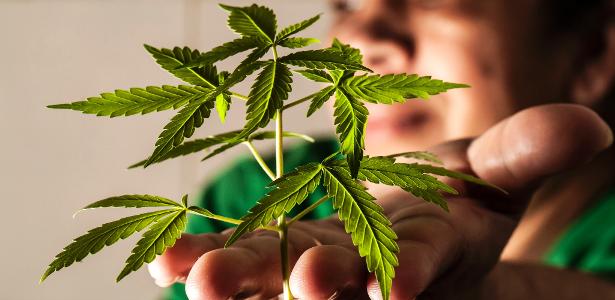
[ad_1]
In a decision that is considered historic, the UN approved a recommendation to reclassify marijuana to accommodate its broader medical use. The new classification removes the product from a list of the most dangerous narcotics, such as heroin. But the remaining resolutions proposed to guarantee greater freedom of use have not passed.
Brazil voted against the proposal, as did regimes such as China, Egypt, Russia or Turkey.
In Latin America, the governments of Uruguay, Colombia, Ecuador, and Mexico were favorable, as well as the United States, Canada, and much of Europe.
The WHO proposal had been tabled in 2019. But strong resistance was trying to prevent the issue from even reaching the vote. When the vote took place on Wednesday, 27 countries voted in favor of the reclassification and 25 were against. There was also an abstention.
For Steve Rolles, a political analyst at the Transform Drug Policy Foundation, the measure represents the end of a more prohibitive classification and “is the recognition that (marijuana) has medical use.” “This will facilitate access to medicines and research,” he said. For him, the decision corrects a “historical error”, taken 60 years ago.
The decision was made by the UN Commission on Narcotic Drugs, made up of 53 countries. WHO had made a recommendation in this regard. But it needed to go through a vote in the body that administers the issue.
In practice, the list of the most dangerous drugs is Annex IV of the 1961 Convention on Narcotic Drugs, and it is from that list that marijuana was eliminated.
There is no direct implication for the liberalization of marijuana and, even among diplomats, the debate was not one of automatically facilitating the sale of the product. The international treaty gives each country full sovereignty to decide how to deal with marijuana.
Today, in fact, some 40 countries already recognize the medical use of marijuana. But the UN seal, in the opinion of experts, will open the possibility that other governments take the same path.
Furthermore, the vote was greeted as a first victory by groups that insist the war on drugs has failed.